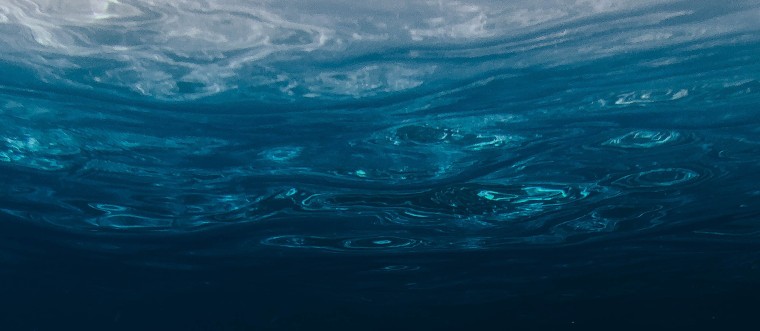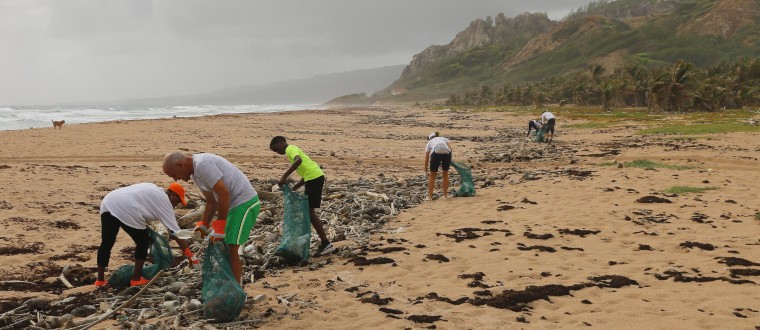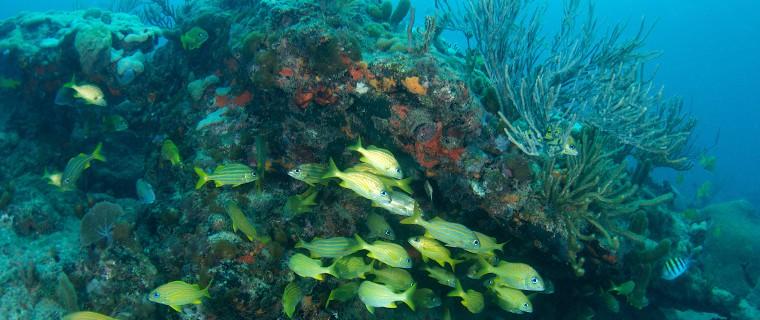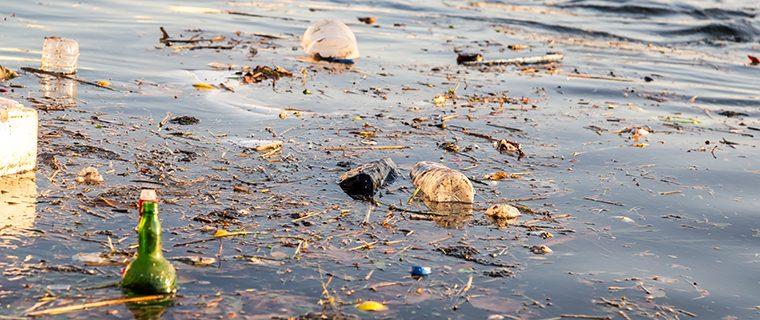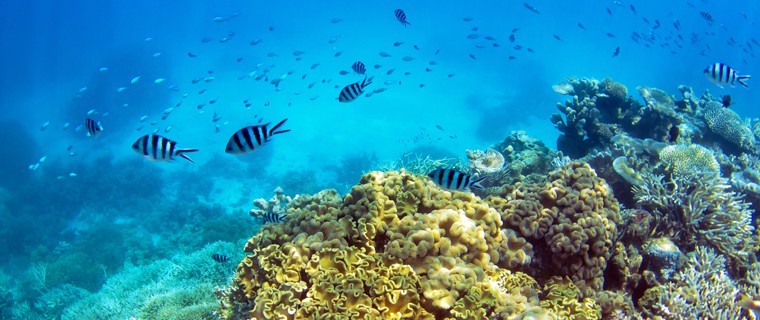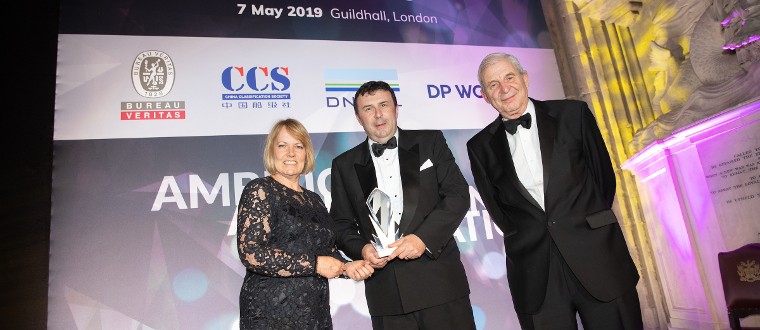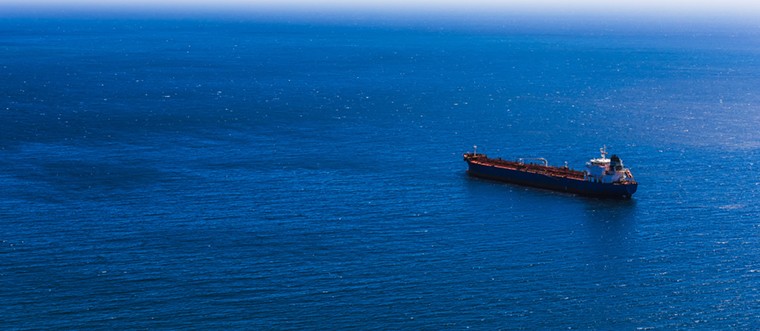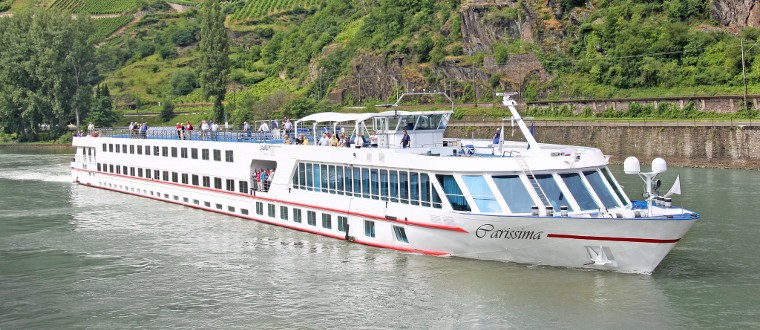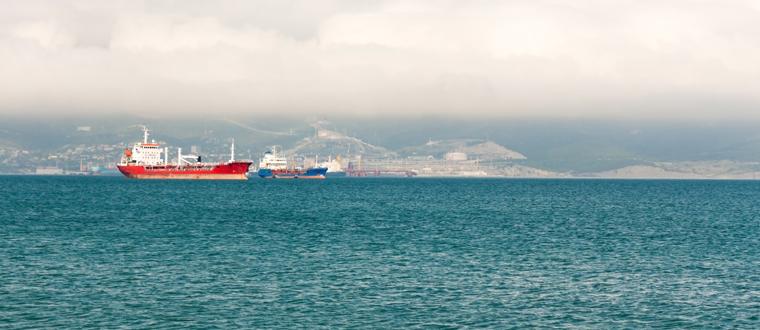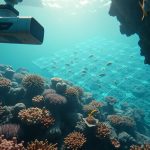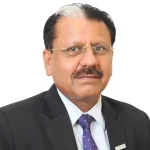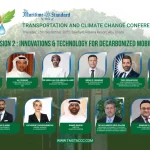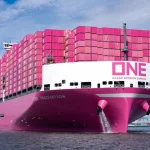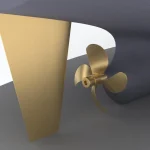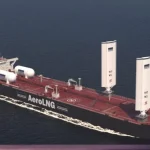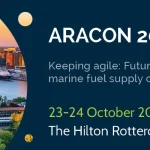What scientists call the “wow factor” of ocean trash is a huge wake up call for the world’s population, especially with the effects being increasingly felt around the world. It’s about time that we get our act together and find solutions to clean up this mess.
Most of us are using plastic now more than ever because it’s easy to use, affordable and durable. So, it’s not surprising that plastic has started to accumulate not only in dumpsters but also in places where they shouldn’t be.
According to studies, the leading causes of ocean pollution include industrial waste, sewage, thermal pollution and nuclear waste.
The world has become highly dependent on plastic without even noticing it. But now, we are slowly drowning in plastic and it’s doing more harm than good to the only planet we call home.
It all started with a documentary called “Chasing Coral” where a team from The Ocean Agency was able to film an extraordinary site in New Caledonia’s coral reef. The corals looked like they were glowing, but their rare vibrant colours weren’t because they were beautiful. It was a sign that they were dying.
The COMPAC bearing system, which Thordon now offers with a lifetime bearing wear life guarantee, prevents the leakage of millions of litres of oil into the world’s oceans and reduces ship operating costs associated with aft seals and lubricating oil.
Low-sulphur ship fuel, decarbonisation, ballast water management: Stricter international emission limits have moved environment protection to the top of the maritime industry’s agenda. The topic will also feature prominently at SMM, the industry's leading international trade fair. Numerous exhibitors will present innovative green technologies, and at the accompanying
With a low-height design and capacity to treat the waste streams generated from up to 250 persons, the ACO Maripur is available in modular sections to allow easier access to the installation site using existing access routes, reducing the requirement to cut a hole in the ship’s side.
Following the 2014 EU Directive for Member States to develop LNG refuelling infrastructures at maritime ports, the Energy and Water Agency has been handed a €600,000 EU grant. This will be used to look into the potential of developing liquefied natural gas (LNG) as Malta’s marine fuel. The technical study into LNG bunkering has a starting date scheduled this month, and the
Providing an overview of the technical challenges faced when designing and building systems for prestigious projects, such as mega yachts, offshore and naval vessels, Beavis said that while water treatment is a ‘mission critical’ component to operations, it is, in reality, “an afterthought” for naval architects involved in the design and construction of arguably the

